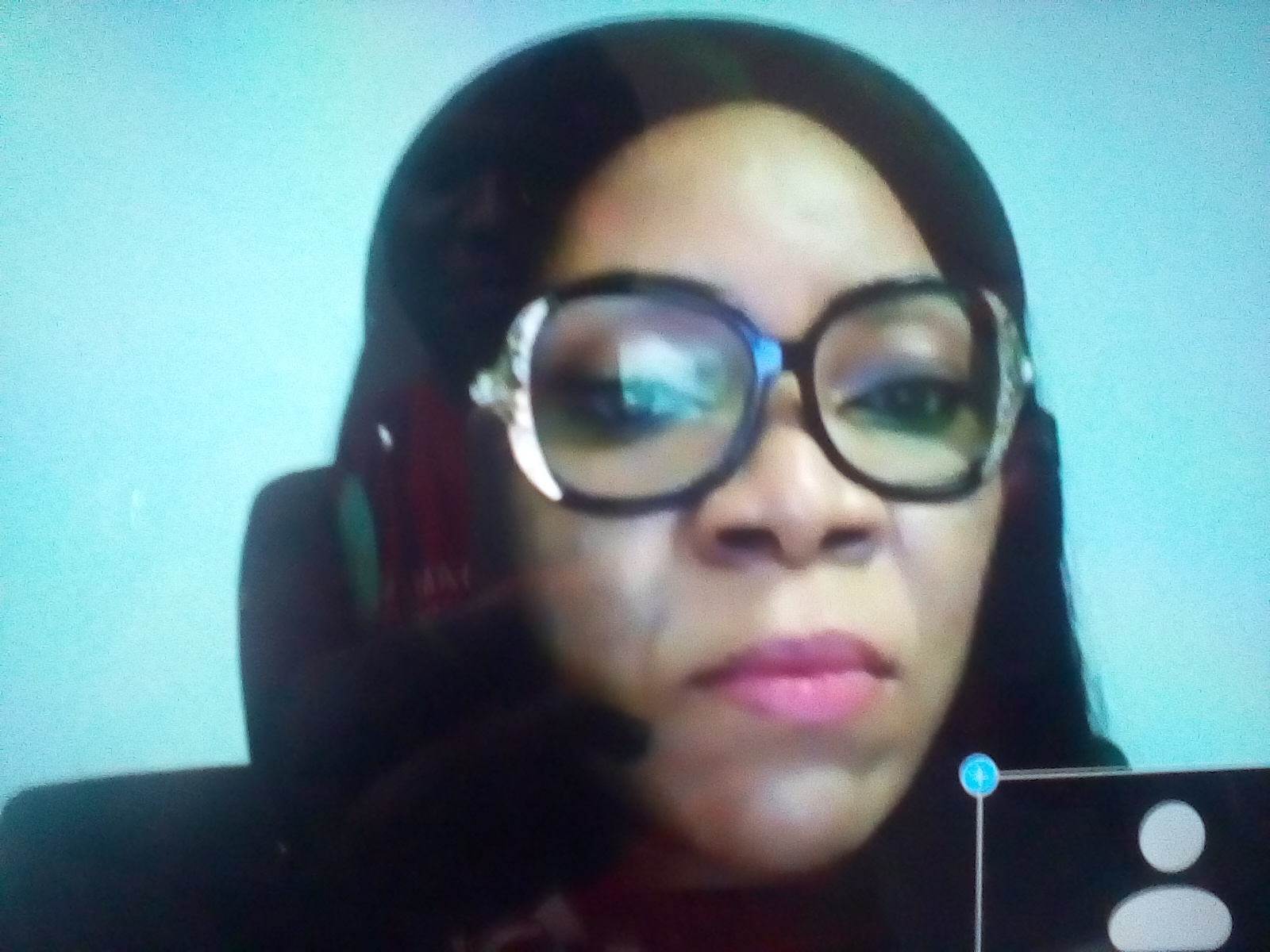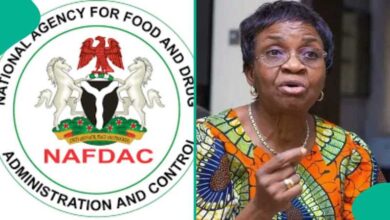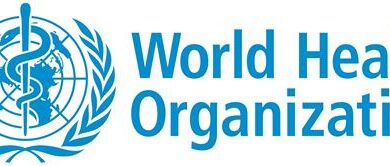Fight Against Malnutrition: All Must Be Involved – Experts

Dr Kanalio Olaloku
Experts who spoke at some of Nestle Nigeria’s organised programmes on the issue of malnutrition said the only way to successfully fight against the scourge of malnutrition in Nigeria is for all hands to be on deck.
They also Advocated for a multi-sectoral approach whereby government and private sectors as well as other stakeholders including those in the nation’s health sector and other ministries must come together to provide the needed interventions.
Nestle Nigeria, as a good corporate citizen, has continued to be at the forefront of providing good food, empowering the people and ensuring a good life for all now and in the future through various initiatives and interventions.
Speaking at the just concluded training for journalists on the topic “Exploring the Burden of Nutrition in Africa: Micronutrient Fortification and Other Solutions 1,” Manager, Nestle Nutrition Institute, Central and West Africa, Dr Kanalio Olaloku, advocated a multi-sectoral approach to fight against malnutrition in Nigeria.
She said there is a need for public and private partnerships to ensure the provision of adequate interventions.
According to her, “We need a multi-sectoral approach to achieve the interventions. Government must be the number one; the private companies as well. We also have stakeholders in the educational sector to introduce how to inculcate the teaching of nutrition into children’s education curriculum. So Ministry of Health, the Education Ministry, the Ministry of Agriculture, Nigerian Youths, Human Rights Organizations, Non-Governmental Organizations, and Philanthropists must be involved.”
She listed some interventions that people can adopt in fighting malnutrition in Nigeria and Africa as a whole. “We have a wide array of interventions. For the long term intervention, increasing dietary specification should be the central component, especially when looking at prevention and control efforts.
“In this case, the government, regulatory bodies and stakeholders have a crucial role. We must recognise that this intervention will take time to show impact because it is not a one day or one-month affair.
“If we are talking about ending hunger by 2030, these interventions are something that needs very high consideration. Until the population diet is improved, and for the deficiency to be corrected, food fortification and supplication with capsules remain the primary sources for delivering the key micronutrients to our population.”
She noted, “The government has a big role to play by regulating the food manufacturers because sometimes you may find out that the nutrients they claimed are in the food products may or may not be present”
She also identified the importance of Research and data, adding that “Research and data is another critical aspect. This is also making sure that we do appropriate Research with the key stakeholders to identify where the problems are and see how we can do as regards fortification.”
As part of its intervention programme, Nestle Nigeria had, in 2021, launched “Live Strong with Iron” in Abuja to deepen awareness of the need to eat food enriched or fortified with iron.
In his goodwill message at the launch, the spokesman of the House of Representatives, Hon. Benjamin Kalu, who commended Nestle on what he described as a ‘laudable initiative’ called on the Ministry of Health, Ministry of Education and other relevant agencies to have a buy-in into the campaign to ensure success.
According to Rt Hon. Kalu, “I was going through the symptoms and how the affected persons feel when they are suffering from iron deficiency, I saw headaches, I saw hair loss, I saw the weakness of the body, I saw difficulty in concentrating, I saw fatigue.
“You will agree with me that once most people feel the symptoms, they will declare my hair is getting lost because I have cancer or am having headaches because I have high blood pressure, without knowing that it’s just iron deficiency and they say information is power. The impact of this advocacy that is being raised by your company is commendable.
“I want you to take it further and I want the Federal Ministry of Health and the Ministry of Education to have a buy into this, especially as it concerns the School Feeding Programme. How much iron is in those foods given to those school children? Who is making that effort to make sure that the right nutrients are there?
“The wellbeing of every child of different ages who are in school should be of our concern. We will like the Federal Government to look into ensuring that the issue of iron deficiency is taken care of in the school feeding programmes that we are currently doing.
“Beyond this, we are glad that the private sector has initiated this move. We want to call the Ministry of Information and the agency in charge of orientation, the National Orientation Agency, to buy in to raise the bar when it comes to this advocacy. The more we educate our people on the importance of iron to their physical wellbeing, the more they will appreciate that it is accessible to them.
As a House, we will always stand with Nigerians…..I can assure you that my office is in charge of Public Affairs. As the spokesperson in the House, I am well positioned to increase the advocacy of this campaign to combat iron deficiency in Nigeria and all must be involved.




